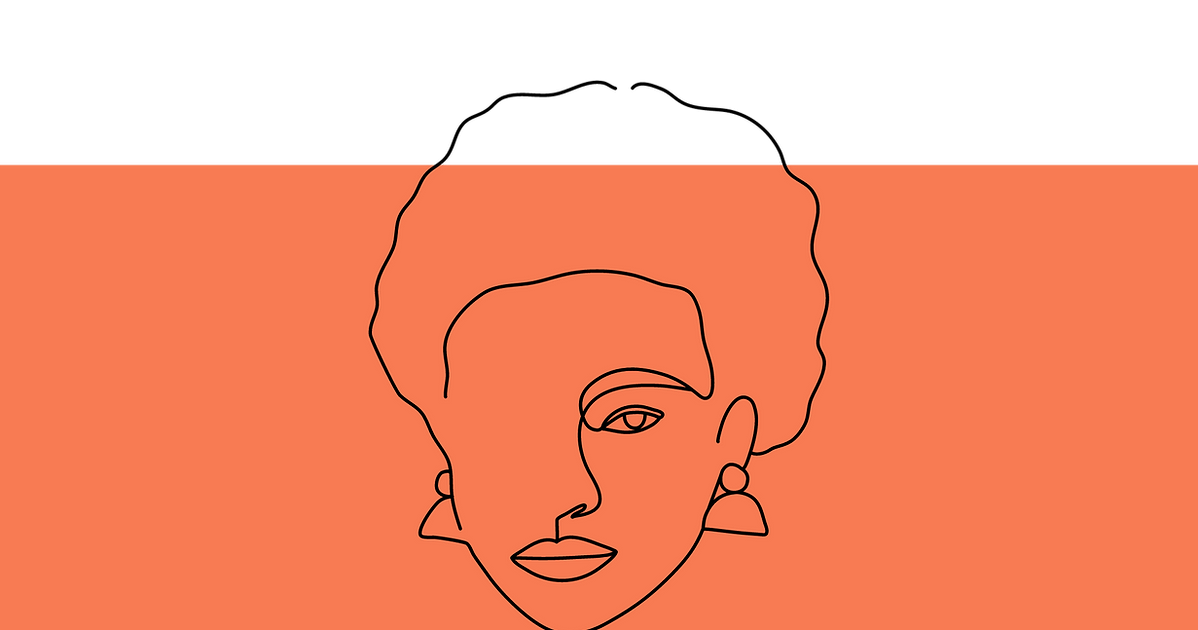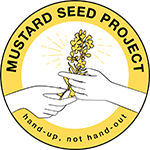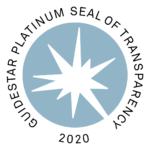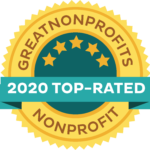
Homelessness
in the U.S.

390K
Individuals

171K
People in families

96K
Chronically ill

37K
Veterans

35K
Unaccompanied youths
That's more than half a million people experiencing homelessess
Homeless
Workshop
From sexual assault that women face regularly on the streets to people of color experiencing homelessness at a disproportionately high rates, homelessness is a multifaceted issue that requires closer inspection. Cecily Ma, Director of Chapter Programs, discusses in depth these issues in her workshops.
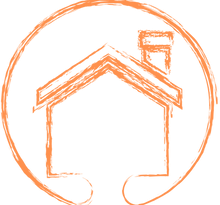
Basic Needs
For those experiencing homelessness, traditionally, basic needs are food and water. However, in a complex society, access to healthcare, insurance, transportation, education, sanitation, personal care items, and communication are just as important. That’s why here at Mustard Seed Project, the main reason for our street outreach program is not to pass out basic necessities, but to create a presence of trust in which we can direct individuals to our Volunteer Service Navigation program. The main goal is to help individuals rise above their situation through rapport and service, with work put in by both the client and service navigator.
Barriers to Access

Structural
A structural barrier is an obstacle that prevents an eligible person from getting access. Examples of this are the locations of programs, how they are organized, and what they require of applicants.

Capacity
These barriers are a result of an inadequate amount of resources. This typically is seen in the form of limited funding. These barriers are most often seen in mental health and substance use care.

Eligibility
These are program rules that establish criteria for whom may receive benefits. These restrictions are usually set at the federal level and cannot be influenced locally. These barriers most often affect housing programs.
Testimonies
“If you want to learn about homelessness, talk to someone who has lived through it.”
~John Brady, Director of Lived Experience Advisors

Access to Healthcare
Over 30 million people in the U.S. are uninsured. Half of this number composes of Black, Latinx, and indigenous communities. The lack of mental and physical healthcare plays a major barrier to escaping homelessness.
Race and Homelessness
From practices such as redlining, rental discrimination, mass incarceration, and lack of affordable healthcare. These issues and many more play a role in the high poverty rate of the BIPOC population.
